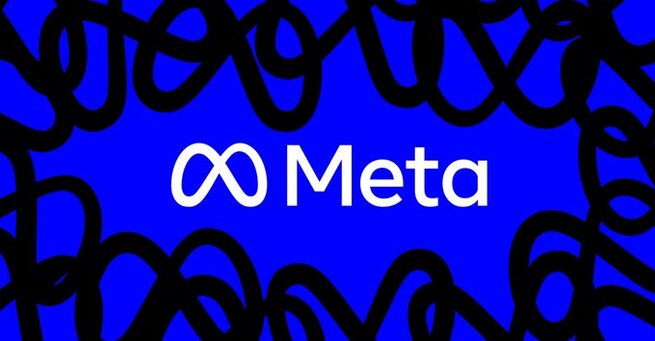Alerts

Meta is axing 600 roles across its AI division, marking another major restructuring within the company’s artificial intelligence operations. Reports from Axios reveal that these layoffs will impact Meta’s long-standing Fundamental AI Research unit (FAIR) and its AI product and infrastructure teams. Despite the cuts, Meta continues to hire aggressively for its new superintelligence-focused group, the TBD Lab.
A Meta spokesperson confirmed to The Verge that the reported layoffs are accurate. Over the summer, Meta ramped up AI hiring after investing $14.3 billion in Scale AI and onboarding its CEO, Alexandr Wang. However, the company quickly paused hiring and began restructuring its internal AI divisions to align with a new strategic focus—building advanced AI systems under the TBD Lab.
This latest move signals Meta’s commitment to consolidating research, reducing redundancy, and accelerating the path toward AI superintelligence.
The layoffs primarily target Meta’s legacy AI research team, FAIR, once led by Joelle Pineau, who departed earlier this year. FAIR has historically been central to Meta’s AI advancements, but its influence has waned as the company shifts to larger, more commercially viable AI model development.
Alexandr Wang noted in August that Meta plans to “integrate and scale many of the research ideas and projects from FAIR into the larger model runs conducted by TBD Lab.” That statement hinted at what’s now unfolding—a significant contraction of Meta’s traditional AI teams.
Meta’s restructuring reflects its growing focus on the pursuit of artificial general intelligence (AGI). The TBD Lab, internally described as a “superintelligence team,” is expected to unify Meta’s most ambitious AI projects across its platforms, including Instagram, Facebook, and Threads.
By narrowing its focus, Meta aims to compete more directly with OpenAI, Anthropic, and Google DeepMind—companies already deep into AGI research and large model development. The 600 job cuts are being positioned as a step toward making Meta leaner and more efficient in this highly competitive AI race.
In a memo obtained by Axios, Alexandr Wang stated:
“By reducing the size of our team, fewer conversations will be required to make a decision, and each person will be more load-bearing and have more scope and impact.”
Meta says affected employees will have opportunities to apply for other internal roles, but the restructuring underlines the company’s shift away from fundamental research toward applied superintelligence development.
While Meta is axing 600 roles across its AI division, the company’s overall AI ambitions are far from shrinking. Instead, the cuts highlight a pivot toward fewer, more specialized teams tasked with delivering breakthrough AI products faster.
Analysts suggest this move could streamline Meta’s innovation pipeline and reduce bureaucratic friction, but it also raises questions about the future of long-term research at Meta—a domain previously led by FAIR’s academic-style approach.
Meta’s decision underscores the tension many tech giants face: balancing foundational AI research with the need to deploy commercially viable, scalable models. As Meta doubles down on AGI through TBD Lab, its challenge will be maintaining innovation while restructuring its workforce.
The coming months will reveal whether this gamble pays off. For now, Meta’s AI ecosystem is undergoing one of its most significant transformations yet, reshaping how the company pursues its bold vision of superintelligence.
𝗦𝗲𝗺𝗮𝘀𝗼𝗰𝗶𝗮𝗹 𝗶𝘀 𝘄𝗵𝗲𝗿𝗲 𝗿𝗲𝗮𝗹 𝗽𝗲𝗼𝗽𝗹𝗲 𝗰𝗼𝗻𝗻𝗲𝗰𝘁, 𝗴𝗿𝗼𝘄, 𝗮𝗻𝗱 𝗯𝗲𝗹𝗼𝗻𝗴. We’re more than just a social platform — from jobs and blogs to events and daily chats, we bring people and ideas together in one simple, meaningful space.